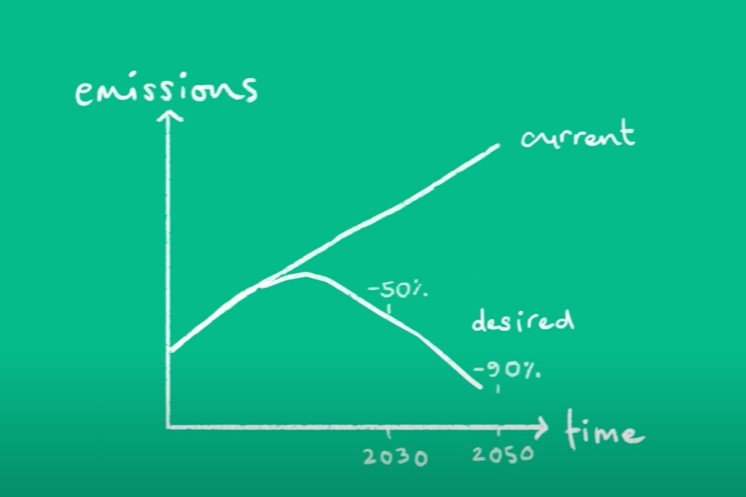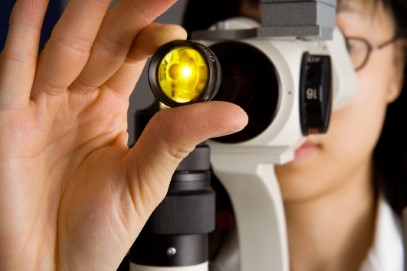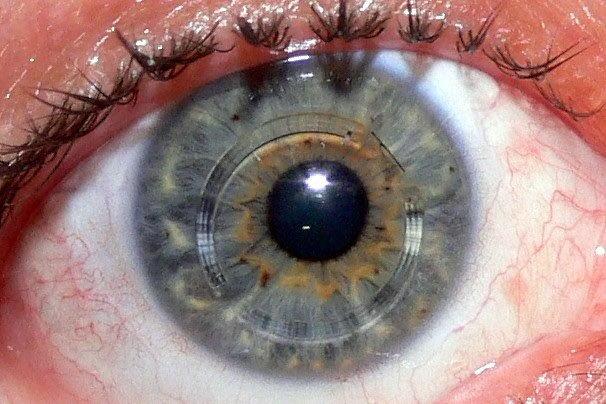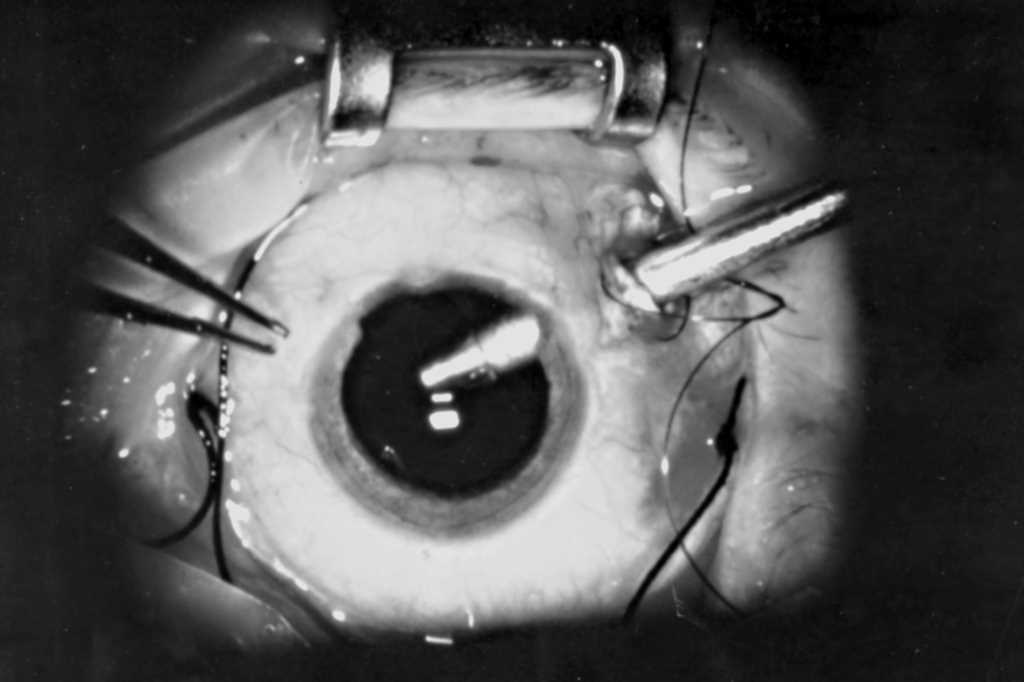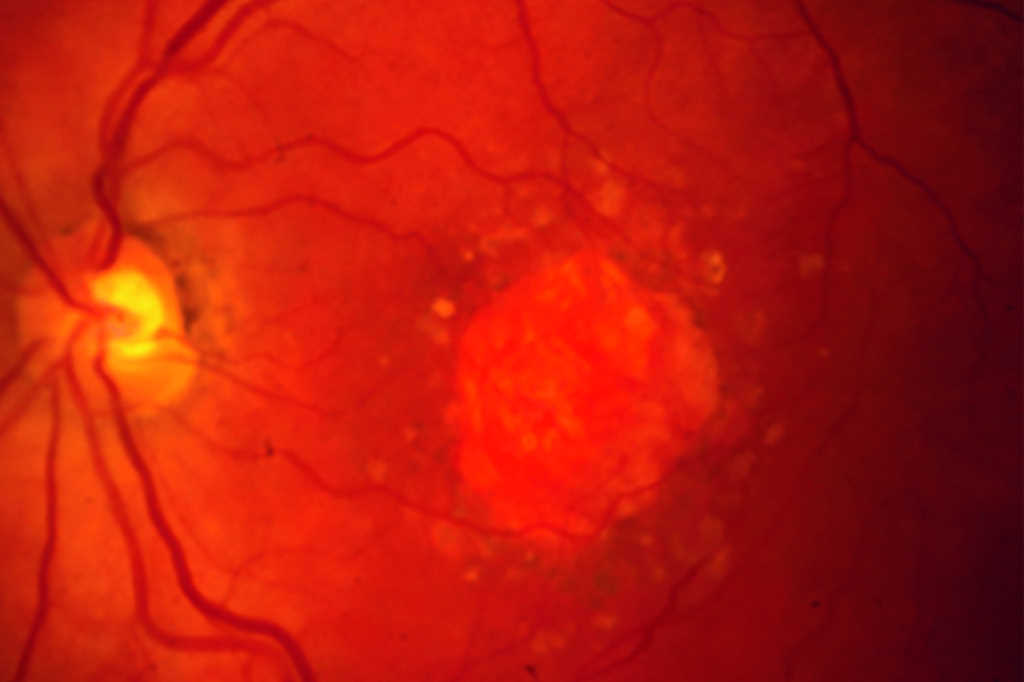Sensors for today’s practice
Sensors fill our lives. Many of the items we purchase today have sensors of some form to monitor a range of metrics and processes. Browse any website and you are being monitored as to what types of goods and services you are looking for. You know this because over the next while you will be bombarded by ads from the company you had previously been researching. Our cars have been providing feedback on fuel levels and temperature for longer than we care to remember and now these extend to helping us avoid accidents. Sensors have become smaller and more abundant, to the extent that we would now would be lost without them.
But sensors on their own are useless as they simply provide data at the most basic level. All the data gathered needs to be formatted and collated, in a manner enabling analysis and interpretation which ultimately results in a decision, for the sensors to add any value. In a similar manner, within a practice, the optometrist interprets clinical data critical to making the correct decision without consciously thinking about it.
The business side of the practice should be no different.
Sensors for businesses are plentiful, even though at times they are not that easy to identify. Business sensors can warn us of negative changes and highlight areas of opportunity. Within an environment of significant change and uncertainty, awareness of these dynamics enables practices to continually and positively adapt to changing circumstances. The interpretation of the data is facilitated with big data/deep learning/artificial intelligence (AI), but decisions still need to be made based on the data that is at hand, no matter how well it has been filtered. Context is key and, in its absence, it would be all too easy to interpret the data incorrectly and make the wrong decision to the detriment of the business.
The challenge is to understand what the key sensors are for your business, what they need to monitor and to identify those requiring further interpretation on which to base business decisions. Knowledge is power, and it’s derived from data and information. Used correctly, they provide the means to actively and deliberately drive your business forward, respond to unexpected events and adapt to changes in advance rather than playing catch-up.
Sensors are not limited to financial numbers only, they can help understand changes in the following areas as well:
- local market (economic trends/local GDP, construction and planning, new entrants and competitors, schools)
- international trends (mergers and acquisitions, supply chain changes, style and design trends)
- consumer habits (social changes, demographics, fashion)
- technology (software, hardware, AI, clinical research).
Identify the metrics you believe are critical to your business success and set in place the systems and processes required to gather the data and format it in a way that enables seamless understanding. From a financial perspective there are obvious areas of revenue, costs and profitability but the mix of products that you carry and sell, productivity metrics and benchmarking all support the ability to make well-informed decisions.
A note of caution though. Cognitive bias plays a role for each and every one of us. Data can be interpreted in different ways and there is often a temptation to distort it to produce an answer confirming our beliefs or support a certain point of view. Develop the discipline to be as objective as possible and seek alternative opinions to challenge your own thinking. Facts don’t care for feelings.
Well placed sensors, across all facets of your business, used correctly make for easier, well-informed decisions and can relieve considerable stress in that process. Look beyond the internal borders of your practice and explore all the data sources which will paint a comprehensive picture of the space within which you operate. The result will be a practice that is performing well and easier to manage.
Neil Human is CEO of the Independent Optometry Group. To find out more about how IOG can make your practice thrive, please get in touch with Neil at neil.human@iogroup.co.nz or 0210 292 8683.













